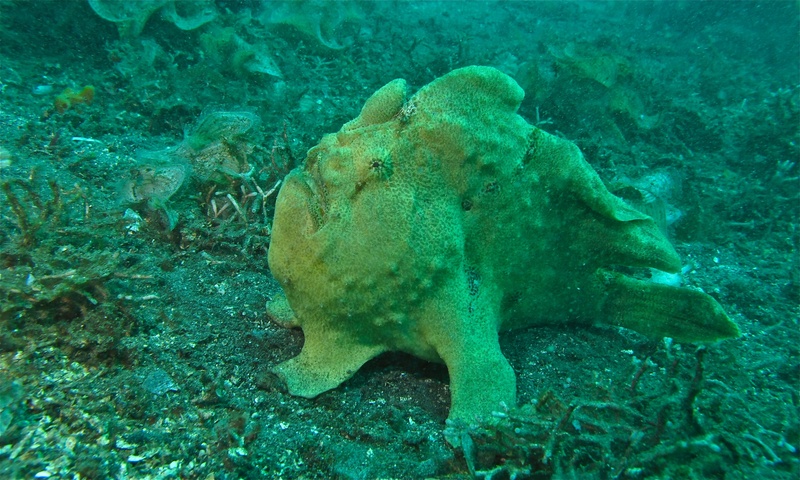|
| 질의: Tropical fish | 결과: 592번째/762 | |
Commerson's frogfish, giant frogfish (Antennarius commerson)
| 제목: | Commerson's frogfish, giant frogfish (Antennarius commerson)
| | 올린이: | Wiki Photos (---@---.---)
| |

| 해상도: 4416x2649
파일크기: 5344919 Bytes
촬영일: 2009:10:14 03:20:35
사진기: Canon PowerShot G10 (Canon)
F number: f/4.0
Exposure: 1/60 sec
Focal Length: 61/10
등록시간: 2017:03:03 02:44:33
|
Description
Teluk Temahu III, Lembeh Strait, Sulawesi, INDONESIA
Date 14 October 2009, 03:20
Source Giant Frogfish (Antennarius commerson)
Author Bernard DUPONT from FRANCE https://www.flickr.com/people/65695019@N07
Source: https://commons.wikimedia.org/wiki/File:Giant_Frogfish_(Antennarius_commerson)_(6066096952).jpg
Commerson's frogfish or the giant frogfish, Antennarius commerson, is a marine fish belonging to the family Antennariidae. Antennarius commerson lives in the tropical and subtropical waters from the Indian Ocean to the eastern coasts of the Pacific Ocean.
Order: Lophiiformes
Family: Antennariidae
Genus: Antennarius
Species: Antennarius commerson (Lacépède, 1798)
Synonyms:
Antennarius moluccensis (Bleeker, 1855)
Antennarius commersoni (Latreille, 1804)
Antennarius goramensis Bleeker, 1865 |
^o^
동물그림창고 똑똑전화 누리집
^o^
|
|

